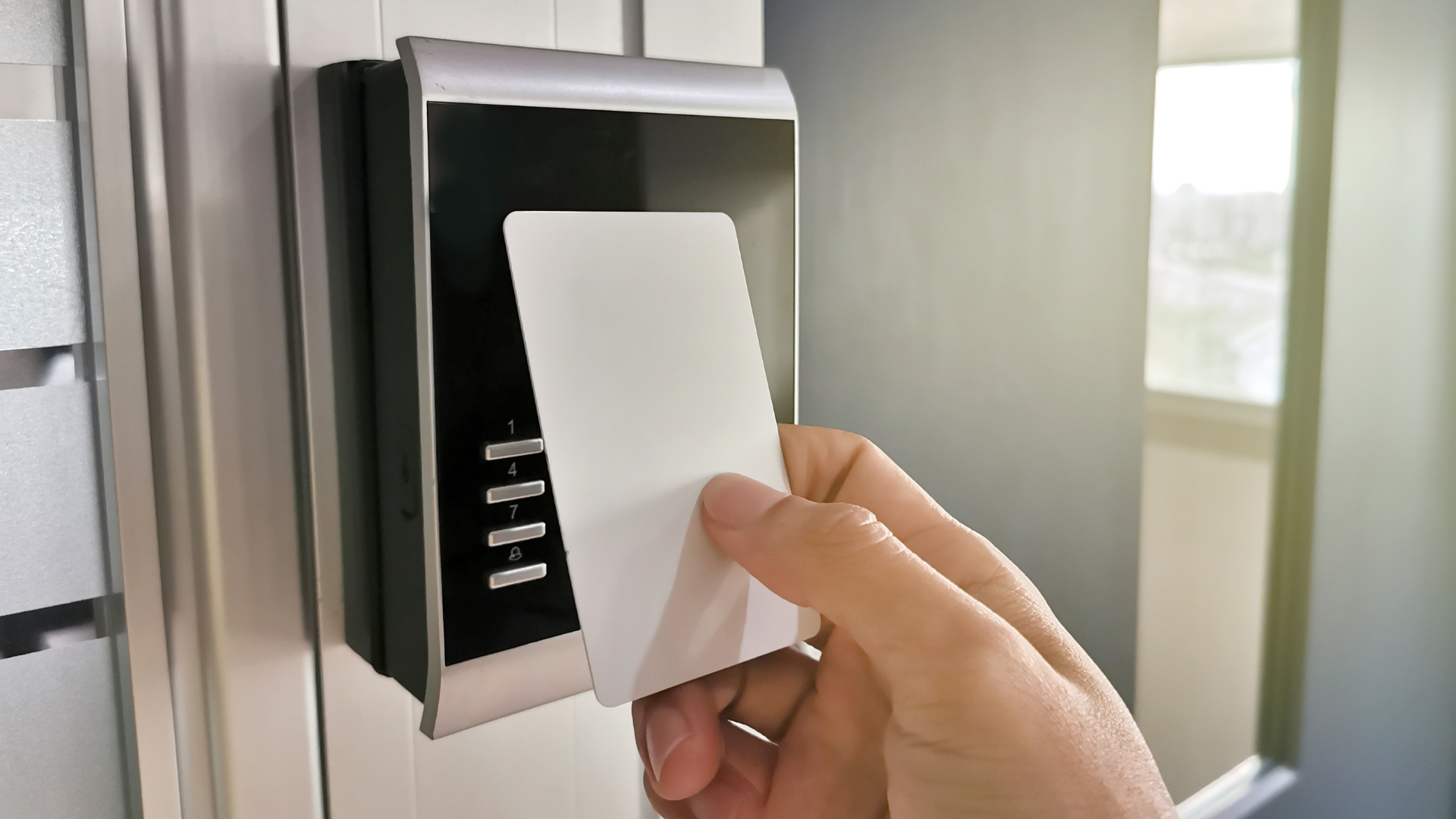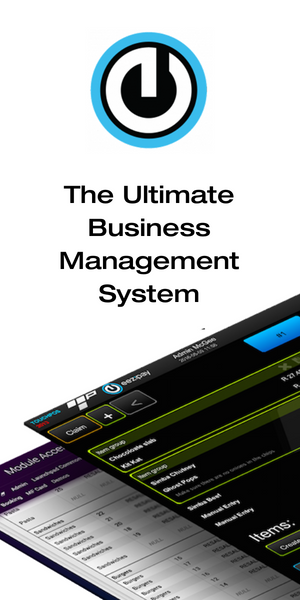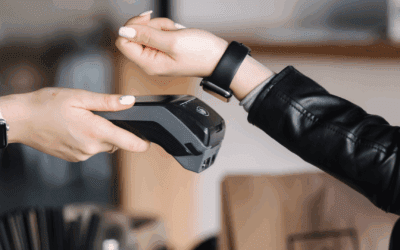Streamlined access control for universities? 5 reasons to make your university safer now
Access control is a critical aspect of security for universities, and there are several reasons your university may need it. Universities have a lot of valuable assets, resources, and sensitive information that needs to be protected, and access control is one of the most effective ways to do this. By controlling who has access to different areas of the university and when, universities can ensure that only authorized individuals have access to these areas, reducing the risk of theft, vandalism, or other criminal activity. Additionally, access control helps universities to comply with regulatory requirements, monitor and audit activities on university premises, and improve the overall efficiency of university operations. In this article, we will discuss the different ways access control can help universities maintain security, protect assets, and improve operations. We will also explore different types of access control systems, such as card-based or biometric systems, that universities can consider implementing to provide an added layer of security to the university while making it more convenient for authorized personnel.
Table of Contents
1. Keeps students, faculty, staff and visitors safe
First and foremost, access control helps to keep students, faculty, staff, and visitors safe by controlling who has access to different areas of the university.
This can include sensitive areas such as research labs, computer rooms, and administrative offices. By controlling access, universities can ensure that only authorized individuals have access to these areas, reducing the risk of theft, vandalism, or other criminal activity.
2. Protects university assets
Secondly, access control helps universities to protect their assets. Universities have a lot of valuable equipment and resources, such as computers, research equipment, and library books.
By controlling access, universities can ensure that only authorized individuals have access to these assets, reducing the risk of theft or damage.
3. Ensure universities comply with regulatory requirements
Thirdly, access control helps universities to comply with regulatory requirements. Many universities receive funding from government agencies and are required to comply with national regulations.
By implementing access control, universities can ensure that they are meeting these regulatory requirements and protecting sensitive information.
4. Monitor and audit activities on university premises
Fourthly, access control is a powerful tool for monitoring and auditing activities on university premises.
It helps universities to track who is coming and going, when, and for what purpose. This information can be used to improve security, identify trends, and resolve disputes.
5. Improves efficiency of university operations
Lastly, access control can help improve the overall efficiency of university operations. By controlling access to certain areas, universities can ensure that only authorized individuals are in those areas at any given time.
This can help to reduce congestion, improve productivity, and ensure that resources are being used effectively.
Conclusion
Access control is an essential aspect of security for universities. It helps to keep students, faculty, staff, and visitors safe, protect assets, comply with regulatory requirements, monitor and audit activities, and improve the overall efficiency of university operations.
Everyone at university can be authorised using biometrics, students cards and student tags which makes it simple to control access and allows for easy integration into any system.
Universities should consider implementing an access control system, such as card-based or biometric systems, as it provides an added layer of security to the university while making it more convenient for authorized personnel.









